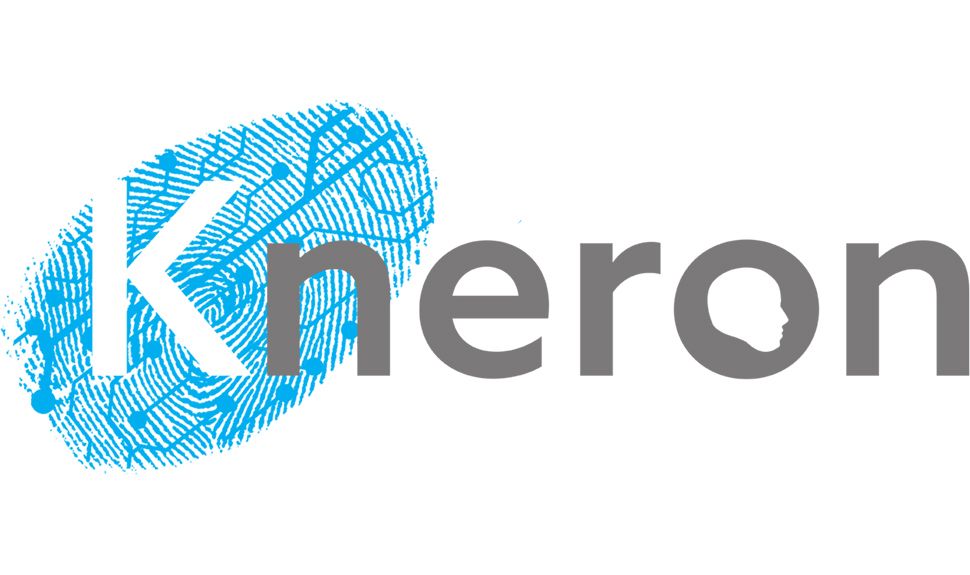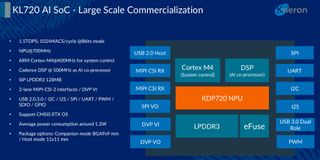This tiny AI chip obliterates Google rival in a crucial metric
Kneron’s KL720 outperforms Google’s Coral TPU by two times at half the power

Kneron, a startup from California, has introduced its new neural processing unit (NPU) for edge AI applications.
The KL720 NPU promises to enable sophisticated AI-enhanced applications that do not use the cloud, so the chip has more compute horsepower onboard than competitors and consumes less power.
Today, there are numerous cloud-enabled AI platforms, such as Apple’s Siri and Amazon’s Alexa, that send data to data centers for processing and interpreting. Sending data to the cloud takes time and energy - not to mention privacy and security concerns - but processing and interpreting data locally is not always possible due to performance and power limitations.
- Best business laptops: top devices for working from home, SMB and more
- Best microSD cards: flash memory for cameras, drones and more
- Best workstations: Powerful PCs for professionals available today
Kneron’s KL720 promises to offer enough performance at the edge of the network to enable local processing and interpreting.
AI on the edge
The Kneron KL720 is a tiny SoC that packs a 700MHz NPU, accompanied by a 500MHz Cadence DSP that acts like a co-processor and an Arm Cortex-M4 400MHz core for system control.
The SoC boasts 128MB of LPDDR4 RAM and supports interfaces including MIPI-CSI-2, USB, SPI, SDIO, and UART among others. The chip will come in a 9x9mm (companion mode) or 11x11mm (host mode) form factor, depending on the targeted application.

Kneron’s KL720 can process up to 4K resolution images and up to 2K resolution videos - and the chip also supports full natural language processing.
Are you a pro? Subscribe to our newsletter
Sign up to the TechRadar Pro newsletter to get all the top news, opinion, features and guidance your business needs to succeed!
Kneron says that the KL720 AI offers performance of around 1.5TOPS at 1.2W (average power consumption). By contrast, Google’s Coral edge AI solution offers 4TOPS at 2W.
Meanwhile, Kneron claims the KL720 is four times more efficient than Google’s Coral edge by the MobileNetV2 benchmark, possibly because of the company’s software excellence.
The company also says a DJI drone powered by Intel’s Movidius chips would double its battery life if switched to the KL720.
“KL720 combines power with unmatched energy-efficiency and Kneron’s industry-leading AI algorithms to enable a new era for smart devices,” said Albert Liu, founder and CEO of Kneron.
“Its low cost enables even more devices to take advantage of the benefits of edge AI, protecting user privacy, to an extent competitors can't match. Combined with our existing KL520, we are proud to offer the most comprehensive suite of AI chips and software for devices on the market.”
Kneron’s KL720 will start sampling soon, so expect it to power actual devices within the coming year.
Anton Shilov is the News Editor at AnandTech, Inc. For more than four years, he has been writing for magazines and websites such as AnandTech, TechRadar, Tom's Guide, Kit Guru, EE Times, Tech & Learning, EE Times Asia, Design & Reuse.
Most Popular


